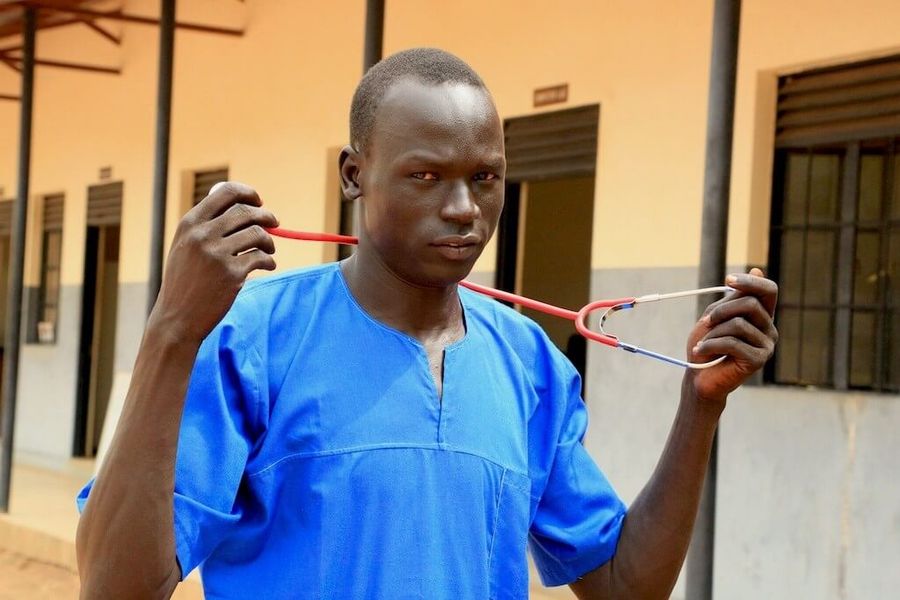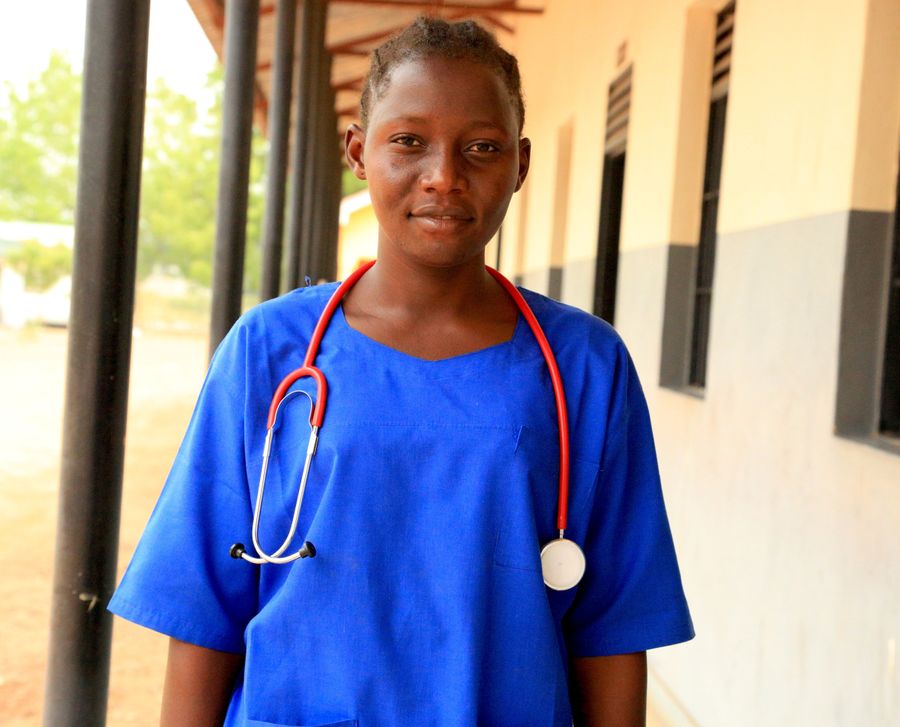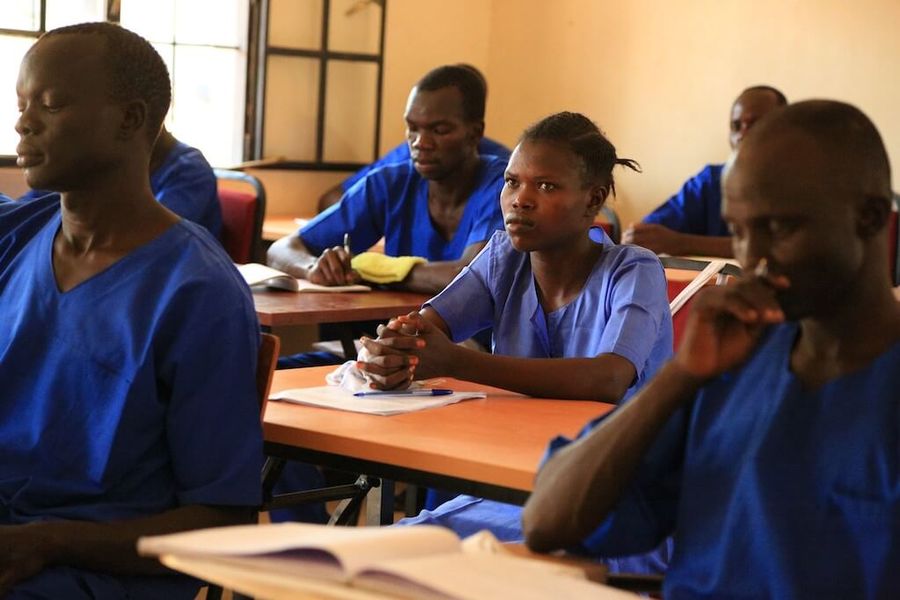South Sudan: Fighting for health in a country plagued by violence

South Sudan, the world’s newest country, was born out of civil war. Since its independence from the Sudan in 2011, the state has been plagued by conflict and violence caused by political and ethnic tensions, which culminated in a bloody and brutal civil war of its own lasting from December 2013 to August 2015. Despite the conclusion of a peace, tensions remain high in the country, flaring up with deadly consequences as recently as July 2016.
South Sudan continues to be beset by a range of challenges, one of the most noticeable of these is a lack of trained health professionals to provide care in South Sudan’s hospitals and clinics. “Nurses are few and far between here,” said 26-year old Martino, “sometimes you can only find two in a whole hospital! Most people do not have anybody to take care of them, even at the most desperate times.” For most people, this means an agonizing wait for medical help, and relying on the support of friends and family.
But Martino wants to do something to change this. He is training to be a nurse at the Malteser International-supported Rumbek Health Sciences Institute, which combines the laboratory school founded by Malteser International in the city in 2002 with a nursing school. “I want to take care of patients,” said Martino. “I want to be their friend. Even at school, I knew that was what I wanted to do. Thanks to Malteser International, I have a golden chance to make this dream a reality.”
Preventing malaria and maternal mortality

Easily-preventable diseases often prove deadly in South Sudan because of a lack of education and basic materials. “I hope that by teaching people about health, I can be a big help,” he says. “With malaria, for example, teaching people to do simple things like remove stagnant water, clear bushes, and use nets can save lives!”
Beatrice, another student in Rumbek, hopes she can help some of the startling number of South Sudanese mothers that lose their lives in childbirth. “I hope I can help the people in my village,” said the 23-year old. “Becoming a mother can be dangerous there. Postpartum haemorrhage is a big problem, and people do not know about conditions like eclampsia and preeclampsia. When I am a nurse, I can let them know about these conditions, and send them to hospital.”
Inspiring change
Chandia, 20, shares Beatrice’s ambition, but for her becoming a nurse is about more than the essential job of saving lives. It is about building a better future for the women of South Sudan. “Women do not just suffer in childbirth,” she said. “Women are left behind by the education system here, and without education, women are denied health. I want to go to communities and empower women to help themselves."

Recent outbreaks of violence in South Sudan have cast a shadow over the whole country, including the Institute in Rumbek, which continues to operate with a reduced staff after two of its Ugandan tutors were evacuated to their home country. “Nobody can predict what is going to happen,” said Lisa Schoenmeier, Malteser International’s South Sudan Manager, “people are very afraid. The only thing that we can do is to keep on doing our best to help build a future for the people of South Sudan.
Chandia remains determined. Her motivation is highly personal. “I have hoped in my heart since primary school that I could be a nurse,” she said. “My mother worked in a hospital and I want to be like her. I admired her because she talked to everyone, and helped people whenever they needed to be helped. South Sudan is suffering, and we need more people like her. I want to be able to inspire other people like she did. That is how we can change the future.”
Read more about our work in South Sudan
July 19 2016 Conor Heathcote / Nyokabi Kahura








